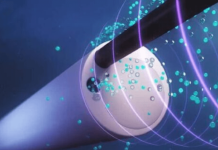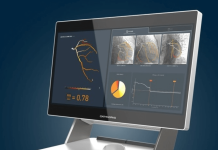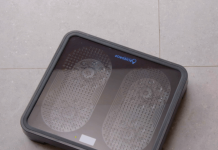Galvanize Therapeutics has announced the completion of patient enrolment in the AFFINITY study assessing the Aliya pulsed electric field (PEF) system in treating late-stage non-small cell lung cancer (NSCLC) and lung metastasis.
The study focuses on patients who are not candidates for surgery and aims to assess the potential of Aliya PEF to stimulate the immune system and achieve a treatment effect.
Related: MMI successfully trials Symani surgical robot in neurosurgery
Galvanize Therapeutics founder and CEO Jonathan Waldstreicher said: “Completing enrolment in AFFINITY is a significant milestone towards our goal of providing patients with solid tumours a biology-based therapy that extends beyond focal ablation.
“We look forward to reporting the results next year.”
The AFFINITY study has enrolled 30 patients to investigate the safety of integrating Aliya PEF, administered bronchoscopically or percutaneously, with standard-of-care therapies.
Aliya PEF operates by delivering high-voltage, short-duration electrical energy directly to cells, causing a disruption in their transmembrane potential and leading to programmed cell death without damaging cellular proteins or the extracellular matrix.
The system, which can be applied percutaneously or endoscopically using the INUMI Flex needle, has already been used in more than 1,000 patients in the US, both commercially and in clinical trials.
Previous preclinical and clinical feasibility studies have indicated that the ablation process may release antigens from tumour cells, potentially triggering an immune response that extends beyond the localised treatment area.
The Aliya PEF System and the INUMI Flex needle have currently received 510(k) clearance in the US for surgical soft tissue ablation, but they are not available for commercial use in other regions.
Established by ATP (Apple Tree Partners), Galvanize Therapeutics is working to develop and commercialise the Aliya PEF energy platform within the US market.




